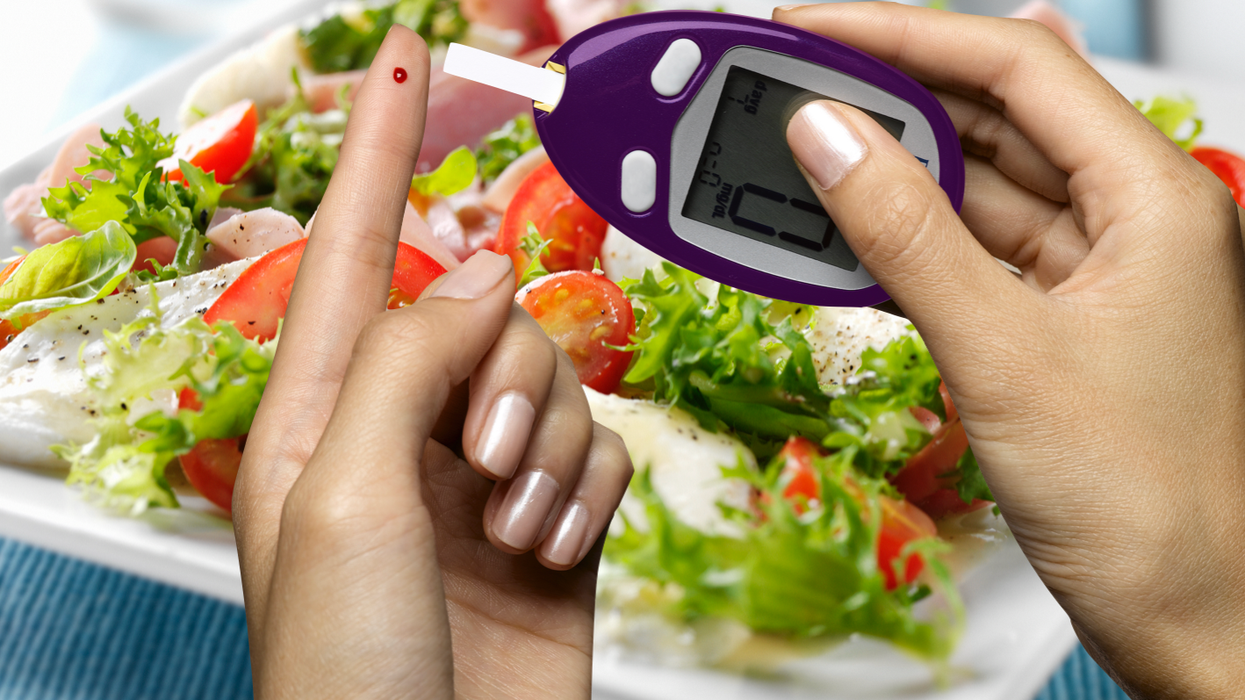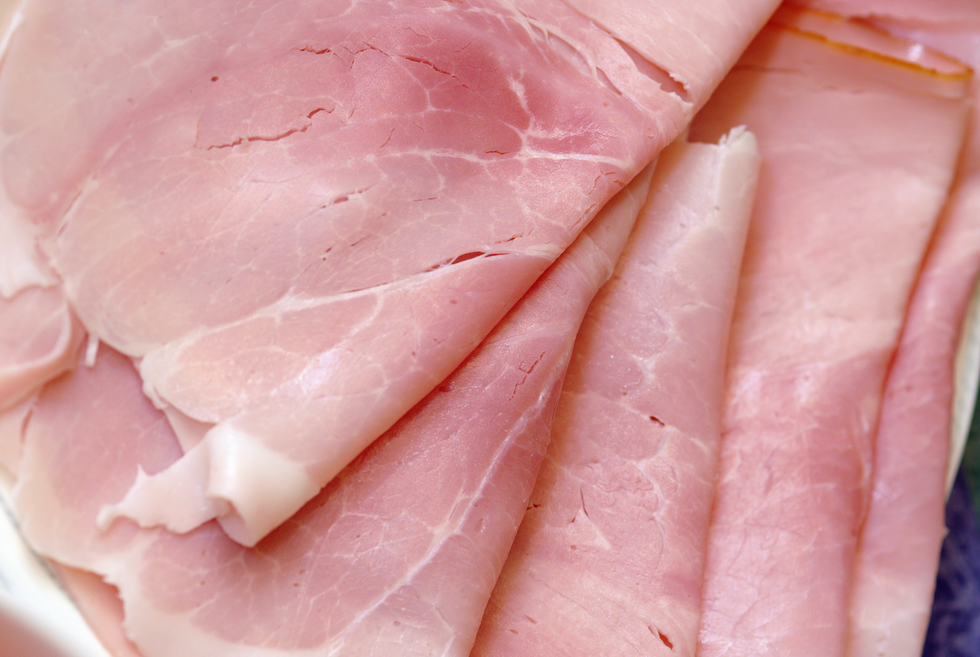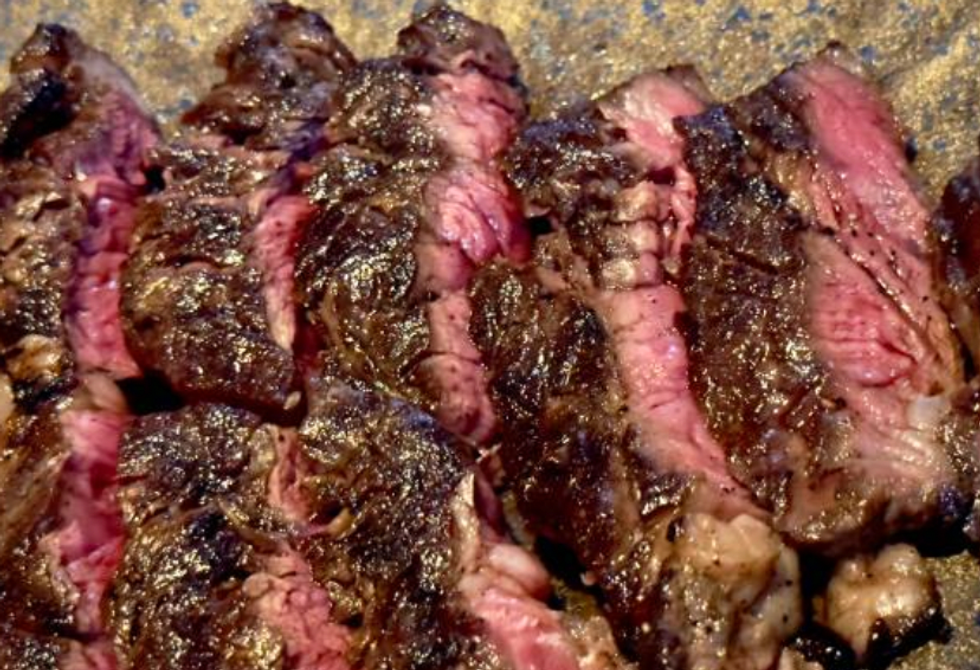Urgent health warning after low-carb lunch staple found to increase risk of type 2 diabetes by 15%

Low-carb favourite found to increase risk of type 2 diabetes in study
|Getty Images

Researchers reached the baffling conclusion after crunching data on nearly two million people
Don't Miss
Most Read
Eating just two slices of ham a day may increase the risk of developing 2 diabetes within the next decade by 15 per cent, a large study has found.
The finding is surprising because ham contains virtually no carbohydrates. Following a low-carb diet may lower the risk of type 2 diabetes. It can also help you manage the disease because, unlike bread, meat will not make your blood sugar level rise quickly.
Also, because it's quite filling, the NHS recommends having a slice of ham at lunch to help you reduce your intake of bread, rice and pasta - foods that can send blood sugar levels soaring.
However, the health body does advise those eating more than 90g of red meat such as beef, lamb, mutton, pork, veal, venison and goat, or processed meat such as sausages, bacon, ham, salami and corned beef a day to cut down to 70g or less.
Data from nearly two million people – analysed by a team led by the University of Cambridge – also found that consuming 100 grams of unprocessed red meat a day – equivalent to a small steak – was associated with a 10 per cent higher risk of developing the condition.
Earlier research indicated that higher intakes of processed meat and unprocessed red meat are associated with an elevated risk of type 2 diabetes, but the results have been variable and not conclusive.

The finding is surprising because ham contains virtually no carbohydrates.
|Getty Images
Senior author Professor Nita Forouhi, of the University of Cambridge’s Medical Research Council (MRC) Epidemiology Unit, said: “Our research provides the most comprehensive evidence to date of an association between eating processed meat and unprocessed red meat and a higher future risk of type 2 diabetes.
“It supports recommendations to limit the consumption of processed meat and unprocessed red meat to reduce type 2 diabetes cases in the population.”
For the study, the researchers analysed data from 31 study cohorts involving 1.97 million people across 20 countries through InterConnect – a project funded by the European Union to understand more about diabetes and obesity across different populations.
They found 50 grams of processed meat a day – equivalent to two slices of ham – was associated with a 15 per cent higher risk of type 2 diabetes in the next 10 years.
But they said the link between eating poultry, such as chicken, turkey, and duck, and type 2 diabetes remains uncertain and needs further investigations.
The researchers said the InterConnect data allowed the team to “more easily account for different factors, such as lifestyle or health behaviours, that may affect the association between meat consumption and diabetes”.
It also included people usually under-represented in scientific research with cohorts from countries in the Middle East, Latin America and South Asia alongside Europe and the US.
The findings are far from conclusive, however.
LATEST HEALTH DEVELOPMENTS

50 grams of processed meat a day was associated with a 15 per cent higher risk of type 2 diabetes
| Getty ImagesResearchers cannot prove meat causes diabetes, because it is impossible to discount the other possible risk factors, such as other foods people in the study ate and the lifestyle they led.
Doctor Duane Mellor, of the British Dietetic Association, said: "The authors did try to control for other risk factors associated with increased risk of developing type 2 diabetes, including having a higher body weight, smoking, alcohol, low vegetable intake."
But missing data meant they could not account for the effect of family history, insulin resistance or waist circumference, which are more strongly associated with diabetes.
"So it is possible that the increased risk associated with processed and red meat intake could be a result of these other confounding factors," Doctor Mellor said.










